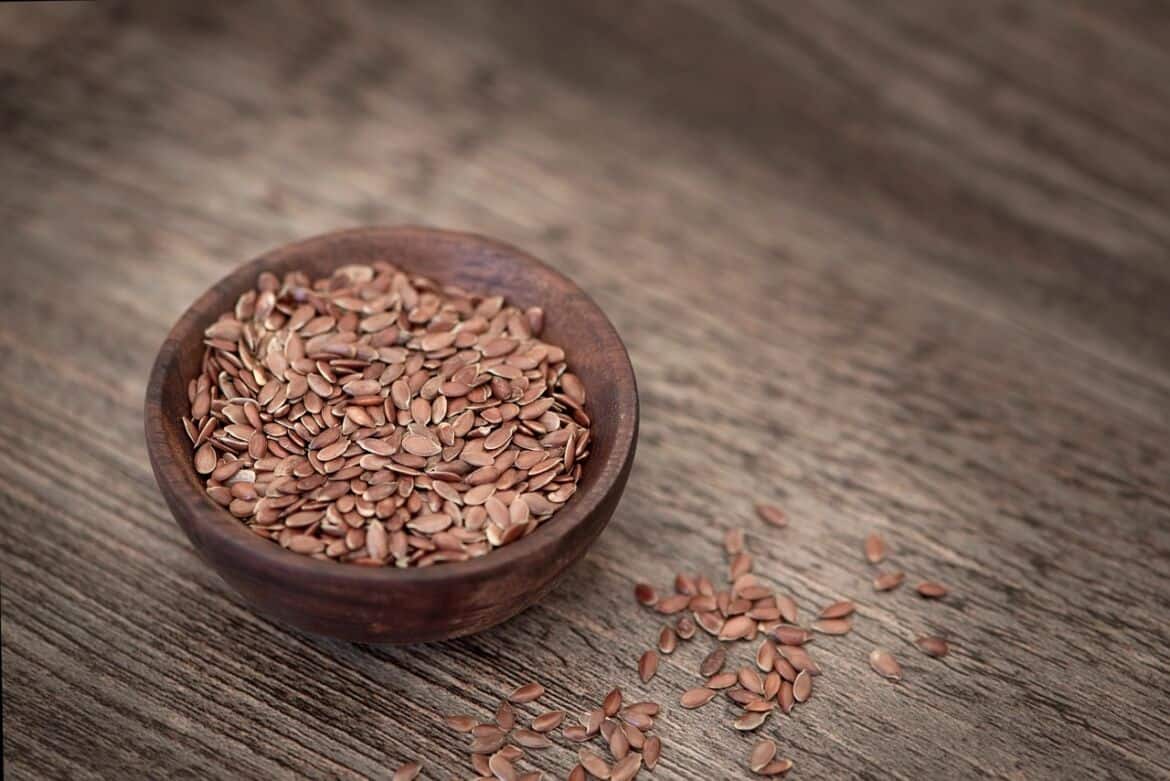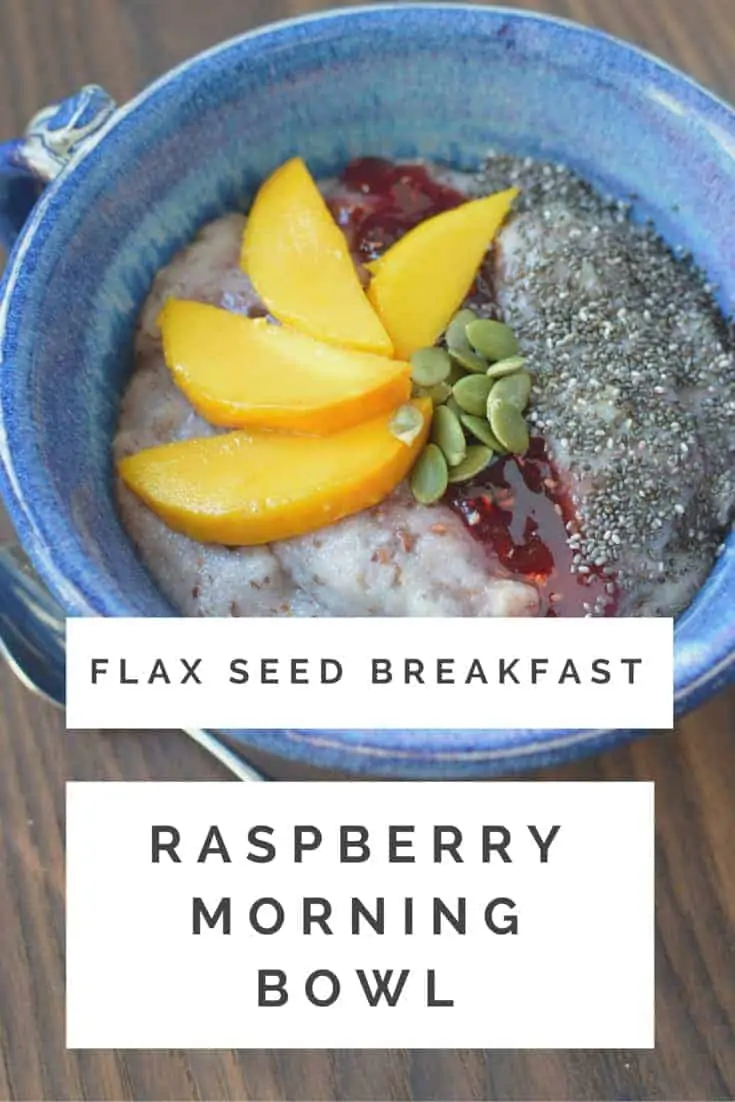One of the oldest fiber crops in the world, Flax has been cultivated since the times of Ancient Egypt. Today, due to the benefits of flaxseed that come from this ancient fiber, its has become a popular dietary supplement with its abundant nutrient power and health benefits.
Flaxseed’s health benefits come from the fact that it’s high in fiber and omega-3 fatty acids, as well as phytochemicals called lignans. One tablespoon (7 grams) of ground flaxseed contains 2 grams of polyunsaturated fatty acids (includes the omega 3s), 2 grams of dietary fiber and 37 calories.
People are adding flaxseed to their diets for a variety of reasons including aid in weight loss, reduce dandruff, reduce the risk of heart disease and cancer, fight dry skin, promote hair health and more. We’ve outlined 10 of the awesome health benefits to adding flaxseed to your diet as well covering how to best incorporate it into your diet.
10 Health Benefits of Flaxseed
Weight Loss
- Consuming protein is important for weight loss and building lean muscle. According to the FDA people over the age of 19 should get at least or 0.37 grams per pound. For a 130lb person thats 48g of protein. Flaxseed contains 10 grams of protein in each 3 tablespoon serving!
- Additionally, a single serving of Flaxseed (3tbs) contains 6 grams of your recommended daily fiber. And as you probably know, fiber helps keep you full so you eat less throughout the day.
- Because it is high in fiber, protein and Omega-3, flaxseed fiber seems makes people feel less hungry if it is taken before a meal, aiding them to eat less food.
Skin and Hair
- Flaxseed also contains high levels of anti-inflammatories. By digesting it daily you can minimize skin irritations, rashes, redness, acne and dermatitis. Plus, the Omega-3s in flaxseed give your bodies natural oils a boost to keep your skin hydrated. And we all know that well-moisturized skin also delays the onset of wrinkles, right?
- Thanks to it’s rich levels of Omega-3s in flaxseed, it also has the ability to increase your hair’s elasticity, making it less prone to breakage and healthier hair. Additionally, anti-inflammatory properties help reduce dandruff, eczema and other scalp conditions.
For Your Brain and Body
- Flaxseed is rich in omega-3 fatty acids, which are important for overall brain health as well as for preventing memory loss and depression.
- The antioxidants in flaxseed provides protection from cancer and heart diseases. Recent studies have concluded that flaxseed can significantly lower the risk of developing breast, prostate and colon cancer. The lignans present in flaxseeds have antigenic properties which help prevent tumors from forming new cancer cells. While Omega 3 fatty acids inhibits tumors.
- Including flaxseed in your diet can lower cholesterol and triglyceride levels as much as 25 to 65 percent, especially in women.
- Flaxseed is one of the best sources of lignan, an estrogen-like chemical compound that scavenges the free radicals in the body.
- Lignans also promote fertility and reduce the peri-menopausal syndrome.
Incorporating Flaxseed into Your Diet
Flaxseed is a great source of fiber which is good for your body but it also means you should start slowly and build up from there. Otherwise you may experience bloating and frequent bowel movements.
You can purchase the flaxseed whole or ground up at nearly any grocery store but you receive the most health benefits by grinding up flaxseed. You can grind them yourself with a cheap coffee grinder.
Because some unripe and raw flaxseed can have certain toxins, keep serving sizes to less than 50 grams (5 tablespoons of whole flaxseed) per day. Note: toasting or using the flaxseed in foods that are cooked are baked destroys the toxins.
Tips for including flaxseed in your diet:
- Add a tablespoon of ground flaxseed to your hot or cold breakfast cereal.
- Add a teaspoon of ground flaxseed to mayonnaise or mustard when making a sandwich.
- Mix a tablespoon of ground flaxseed into an 8-ounce container of yogurt.
- Bake ground flaxseed into cookies, muffins, breads and other baked goods.
Is it possible to ingest too much flaxseed?
As with many things in life, it is possible to have too much of a good thing. The problems begin to happen when people ingest large quantities of RAW flaxseed into diets that are not balanced with other food groups.
Flaxseed contains moderate amounts of natural compounds called cyanogenic glucosides. In an unbalanced diet containing too much uncooked flaxseed, cyanogenic compounds can build up in the body, leading to unpleasant and, on occasion, life-threatening reactions. However, a balanced diet containing 50g (approximately ¼ cup) of flaxseed daily does not increase glucoside buildup. In addition, cyanogenic compounds are made harmless by cooking.

